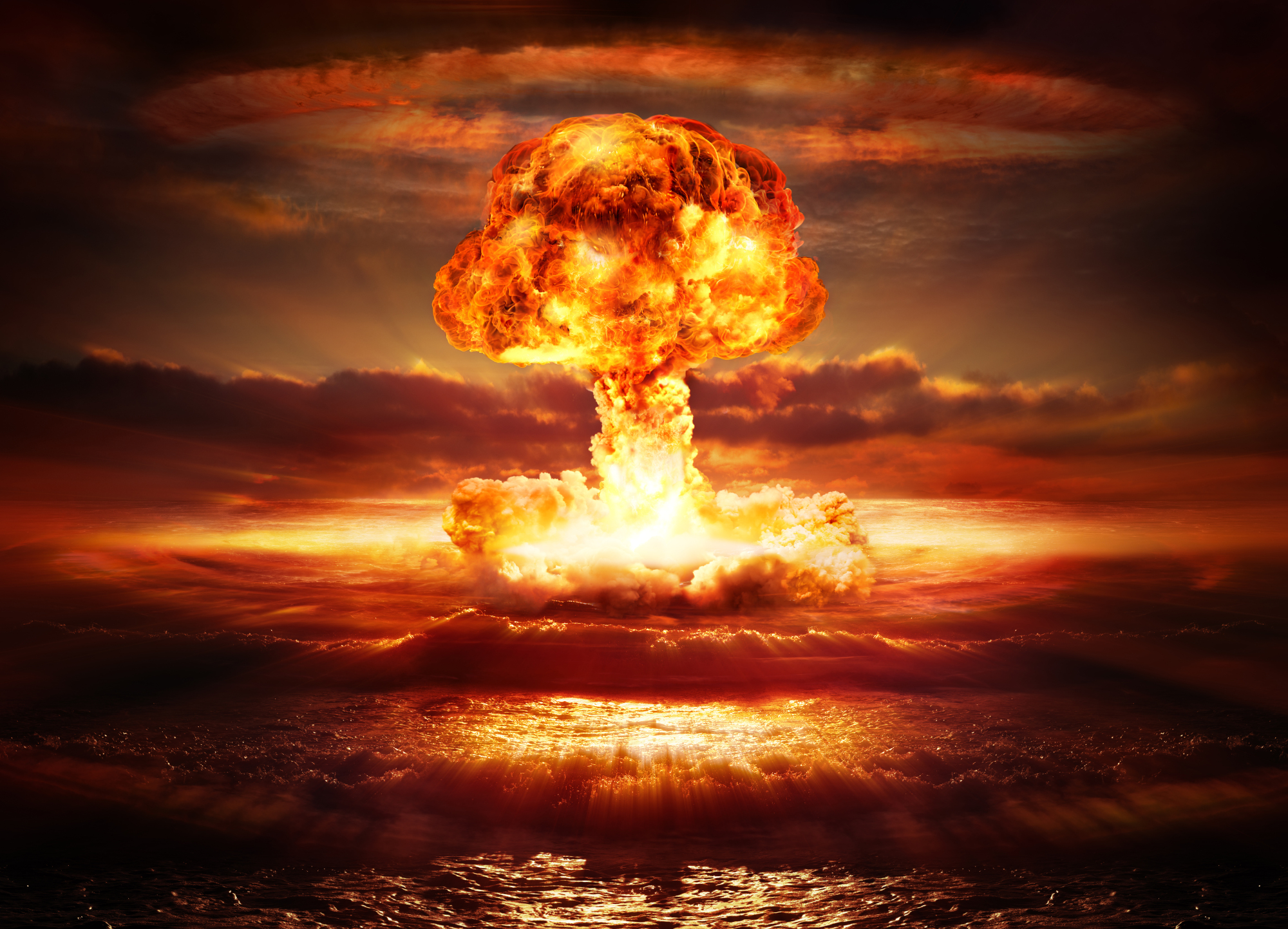Hiroshima was the first city in the world to be attacked by an atomic bomb on Aug. 6, 1945. The last time that an atomic weapon was used was to bomb Nagasaki on Aug. 9, 1945. By the end of that fateful year, an estimated 214,000 people had died from the two bombs. Ever since, a dedicated group of people all around the world have devoted themselves to ensuring that Nagasaki does indeed remain the last place where atomic and nuclear weapons were used.
According to estimates by the Stockholm International Peace Research Institute, there are 14,465 nuclear bombs held in the military arsenals of nine countries: China (280), France (300), India (130-140), Israel (80), North Korea (10-20), Pakistan (140-150), Russia (6,850), U.K. (215), and U.S. (6,450). Considering these numbers, this mission is a huge challenge.
In a survey conducted by Kyodo News and published in these pages on July 28, 81 percent of hibakusha — survivors of the Hiroshima and Nagasaki atomic bombings — urged Japan's government to sign the historic nuclear weapon prohibition treaty (NWPT) adopted by 122 countries at the U.N. General Assembly on July 7, 2017.



















With your current subscription plan you can comment on stories. However, before writing your first comment, please create a display name in the Profile section of your subscriber account page.